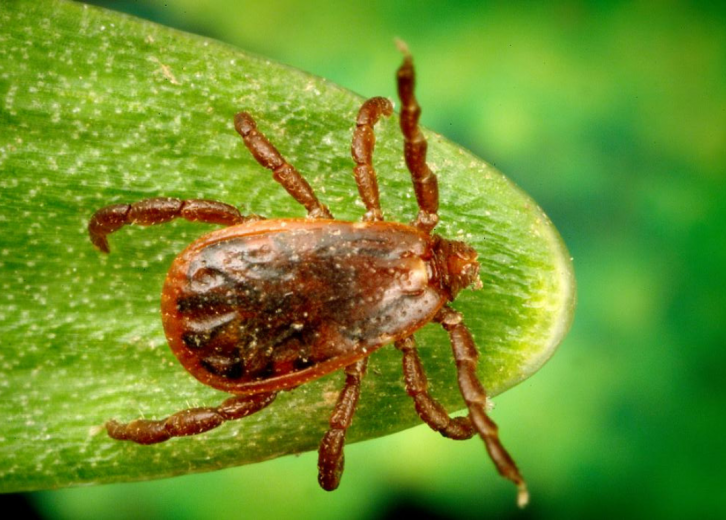Featured
Brown Dog Tick Bite On Human
Brown Dog Tick Bite On Human. This same human can bring the tick inside, right up to the dog or at the very least, into the dog’s close environment. Fleas and ticks on dogs.

Although th is species is most commonly encountered indoors and in kennels , it typically does not bite humans. Ehrlichia canis and babesia canis are only 2 of the several bacteria that can be carried by these ticks. An innocent human could unknowingly be transporting a tick on them or on clothing that they are wearing.
See Also What To Do After You Pull Out A Tick.
As their name implies, brown dog ticks prefer to feed on the blood of canines. The brown dog tick, rhipicephalus sanguineus latreille, has been found around the world. Are brown dog ticks dangerous to humans?
While A Dog Tick Prefers The Canine For It’s Host, A Dog Tick Can Absolutely Bite A Human.
Can brown ticks cause paralysis in dogs? The ticks weren’t actually allowed to bite the dogs or humans; Brown tick bites in humans.
Backus Was Making An Informed Assumption That The Ticks Would Have.
The brown dog tick is unusual among ticks, in that it can complete its entire life cycle both indoors and outdoors. 🐶 can brown dog ticks bite humans? Not only can dog ticks bite humans, but dog ticks can survive off human blood as it is closely related to that of a canine.
Not Only Can Dog Ticks Bite Humans, But Dog Ticks Can Survive Off Human Blood As It Is Closely Related To That Of A Canine.
Can dog ticks bite humans? The brown dog tick gets its common name from its overall reddish brown color, and because it is commonly found on domestic dogs. Although brown dog ticks will feed on a wide variety of mammals, dogs are the preferred host in the u.s.
Point Blank, Yes, Dogs Can Get Ticks From Humans.
An innocent human could unknowingly be transporting a tick on them or on clothing that they are wearing. Comments dogs are the primary host for the brown dog tick in each of its life stages, but the tick may also bite humans or other mammals. The brown dog tick is a primary vector for canine diseases such as canine ehrlichiosis and canine babesiosis.
Comments
Post a Comment